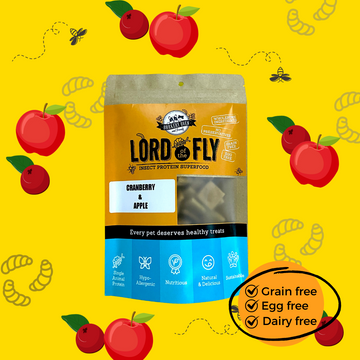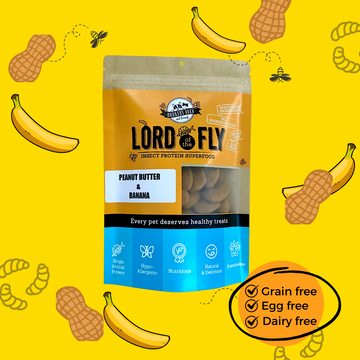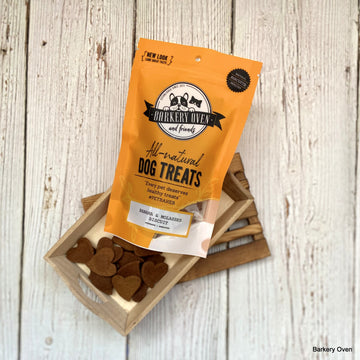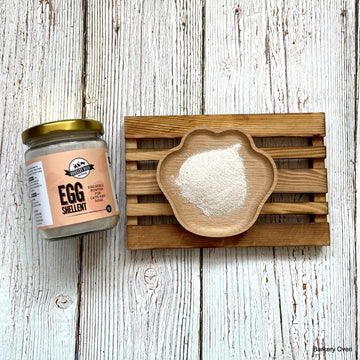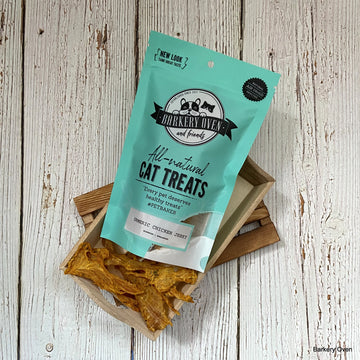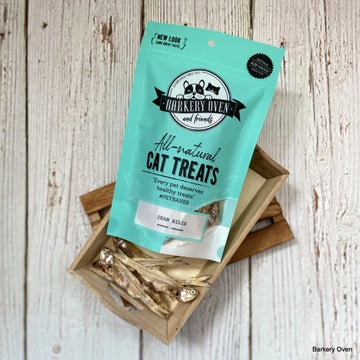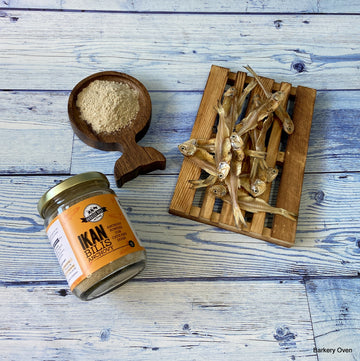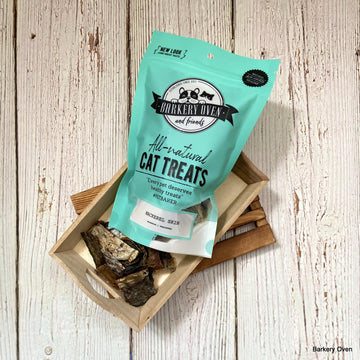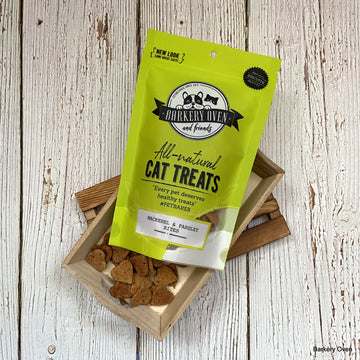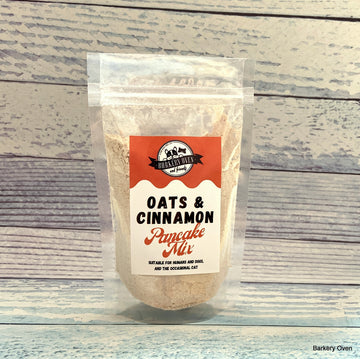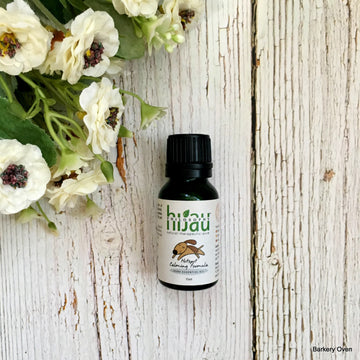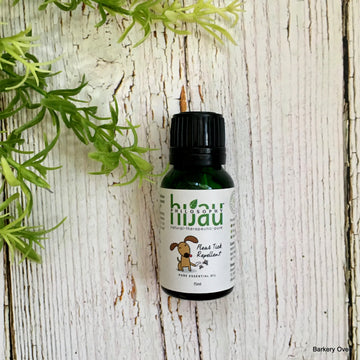Finding the right chew for your dog involves considering their dietary needs, preferences, and chewing habits. Duck necks, duck tongues, and pig ears are all popular choices, each with their own unique benefits. In this blog, we’ll help you navigate these options to find the best chew for your canine companion.
Understanding the Options
| Feature | Duck Neck Chews | Duck Tongue Chews | Pig Ear Chews |
|---|---|---|---|
| Key Difference | Dehydrated or freeze-dried whole duck necks; crunchy texture | Smaller, softer chews made from dehydrated or freeze-dried duck tongues | Whole dehydrated or baked pig ears; tough, chewy texture |
| Nutritional Benefits | High protein, low fat; natural glucosamine and chondroitin | High protein, low fat; rich in iron, zinc, and B vitamins | High protein, higher fat content; good for dental health |
| Suitability | Medium to large dogs; those who enjoy substantial chews | Small to medium dogs; older dogs; those with dental issues | Most dogs, especially medium to large breeds who love to chew |
| Recommended Size | Medium to large dogs | Small to medium dogs | Medium to large dogs |
| Allergy Considerations | Hypoallergenic | Hypoallergenic | May not be suitable for dogs with pork allergies |
| Fat Content | Low | Low | Higher |
| Dental Health Benefits | Excellent; helps clean teeth and gums | Good; softer texture | Excellent; promotes vigorous chewing |
| Joint Health Support | Contains natural glucosamine and chondroitin | Not specifically noted for joint health | Not specifically noted for joint health |
| Best for | Dogs needing joint support; medium to large breeds | Small dogs; those with dental issues; dogs with allergies | Dogs who love long-lasting, flavorful chews (without fat restrictions) |
Duck Neck Chews:
-
Description: Duck necks are dehydrated or freeze-dried whole necks from ducks. They are crunchy and provide a satisfying chew.
-
Nutritional Benefits: High in protein, low in fat, and contain natural glucosamine and chondroitin for joint health.
-
Suitability: Great for medium to large dogs and those who enjoy a more substantial chew. They also help in cleaning teeth and gums due to their crunchy texture.
Duck Tongue Chews:
-
Description: Duck tongues are smaller, softer chews made from dehydrated or freeze-dried duck tongues. They are rich in flavor and relatively easy to chew.
-
Nutritional Benefits: High in protein, low in fat, and packed with essential nutrients like iron, zinc, and B vitamins.
-
Suitability: Ideal for small to medium dogs, older dogs, or those with dental issues who need a softer chew. They are also hypoallergenic, making them a good choice for dogs with food sensitivities.
Pig Ear Chews:
-
Description: Pig ears are whole ears from pigs that are dehydrated or baked. They have a tough, chewy texture and a rich flavor.
-
Nutritional Benefits: High in protein, but can also be higher in fat compared to duck-based chews. They provide a long-lasting chew and are good for dental health.
-
Suitability: Suitable for most dogs, but especially enjoyed by medium to large breeds who love to chew. However, due to their higher fat content, they may not be the best choice for dogs with weight issues or those prone to pancreatitis.
Factors to Consider When Choosing the Right Chew
1. Size and Chewing Habits:
-
Small Dogs: Duck tongues are a better option due to their size and softer texture. Pig ears can be too large and tough.
-
Medium to Large Dogs: Duck necks and pig ears provide a more substantial chew and can help with dental health through their crunchy texture.
2. Dietary Needs and Allergies:
-
Hypoallergenic Needs: Duck-based chews (both necks and tongues) are excellent for dogs with allergies to common proteins like beef or chicken.
-
Low-Fat Diets: Duck tongues and necks are generally lower in fat than pig ears, making them better for dogs on a low-fat diet or those prone to weight gain.
3. Health Considerations:
-
Joint Health: Duck necks contain natural glucosamine and chondroitin, which can support joint health, making them a good choice for older dogs or breeds prone to joint issues.
-
Dental Health: All three options can help with dental health by promoting chewing and reducing plaque, but duck necks and pig ears provide a more vigorous chewing experience.
4. Palatability:
- Picky Eaters: Dogs tend to love the taste of both duck and pig ears. If your dog is a picky eater, you might need to try a few options to see which one they prefer.
Conclusion
Choosing the right chew for your dog depends on their individual needs and preferences. Duck necks, duck tongues, and pig ears each offer unique benefits, so consider your dog’s size, dietary needs, health, and chewing habits when making your selection.
-
For small dogs or those with dental issues: Duck tongues are a soft, nutritious, and hypoallergenic option.
-
For medium to large dogs or those needing joint support: Duck necks provide a substantial chew with added joint health benefits.
-
For dogs that love a hearty chew and have no fat restrictions: Pig ears are a flavorful, long-lasting treat.
By understanding the benefits and suitability of each chew type, you can make an informed decision that keeps your dog happy, healthy, and engaged.


